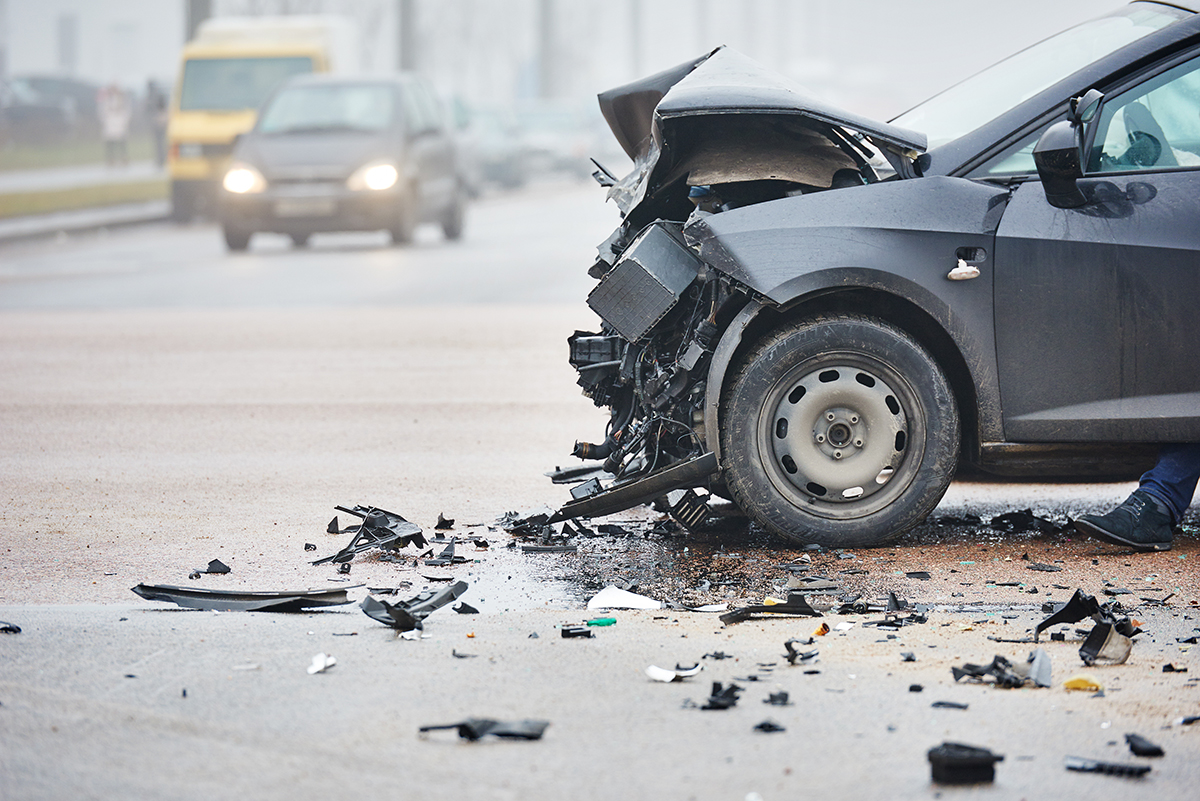Liability for “Coming-and-Going” to Work

Is an employer vicariously liable for a catastrophic car accident when an employee is “coming-and-going” to work? The Texas Supreme Court recently reaffirmed the general rule and clarified the limits of the “special mission” exception.
In Cameron Int’l Corp, an oilfield worker, Mueller, completed his shift with Cameron Int’l Corp. Mueller had been assigned to the “Blue Marlin” jobsite by a contract agency looking for labor to assist Cameron with their operations. Mueller’s supervisor asked him to stay on voluntary standby for potential work at a different site the next day. The supervisor then invited Mueller to dinner in Pecos, Texas, near the “Blue Marlin” job site. Mueller went to dinner and drove in his personal truck. After dinner, Muller drove to a nearby store to purchase food and drink for his personal needs and then to a gas station to refuel his truck. In anticipation of Cameron directing him to the new worksite the next day, Mueller planned to spend the night at the “Blue Marlin” job site. After leaving the gas station, Mueller headed north on Highway 285. Seven miles from Pecos, he was involved in a car accident and several people in the other vehicle were injured or died.
The estates and survivors of the car accident sued Mueller and Cameron, arguing that Cameron was vicariously liable for Mueller. At the trial court level, Cameron filed a motion for summary judgment asserting that Mueller was not in the course and scope of his employment when the accident occurred. The trial court agreed and granted summary judgment in favor of the company. The Court of Appeals reversed, holding that fact issues existed as to whether Mueller had the necessary relationship with Cameron to give rise to vicarious liability and, if so, whether Mueller was acting within the course and scope of that employment at the time of the accident.
The Texas Supreme Court reinstated the trial court’s summary judgment, reversing the appellate court’s ruling. The Court’s ruling relied on the long-standing “coming-and-going” rule and its interpretation of the “special mission” exception. In general, an employer may be vicariously liable for the acts or omissions of a worker if at the time of the negligent conduct, that worker was (1) an employee and (2) acting in the course and scope of employment.
Under the “coming-and-going rule,” an employee does not act within the course and scope of his employment when traveling to and from work. The basis for this rule is that travelers on public roads are equally susceptible to the hazards of doing so, whether employed or not, and such travel hazards do not arise out of the business of an employer.
The Cameron Court found the “special mission” exception to the general rule was not applicable to the facts of the case. Under that exception, an employer may be vicariously liable for damages arising out of an employee’s travel to or from with if the “travel involves the performance of regular or specifically assigned duties for the benefit of the employer.” The Court found that no one from Cameron including Mueller’s supervisor directed Mueller to travel for dinner or purchase personal necessities. While there were facts alleged that Mueller purchased water and food for his next day’s workday, and sometimes shared his water with his co-workers, that is not enough to constitute Cameron directing Mueller to pick up the water. As a result, the Court held that Cameron was not vicariously liable for Mueller or liable for plaintiffs’ alleged damages.
When determining whether an employer is vicariously liable for acts of an employee, the coming-and-going rule and many other legal doctrines need to be considered. The attorneys in our Austin and Dallas office routinely advise clients on whether the law imposes vicariously liability on the, and are available to answer any questions you may have. Please contact us as info@gstexlaw.com.
Legal Disclaimers
This blog is made available by Gerstle Snelson, LLP for educational purposes and to provide general information about the law, only. Neither this document nor the information contained in it is intended to constitute legal advice on any specific matter or of a general nature. Use of the blog does not create an attorney-client relationship with Gerstle Snelson, LLP where one does not already exist with the firm. This blog should not be used a substitute for competent legal advice from a licensed attorney.
©Gerstle Snelson, LLP 2023. All rights reserved. Any unauthorized reprint or use of this material is prohibited. No part of this blog may be reproduced or transmitted in any form or by any means, electronic or mechanical, including photocopying, recording, or by any information storage or retrieval system without the express written permission of Gerstle Snelson, LLP.

